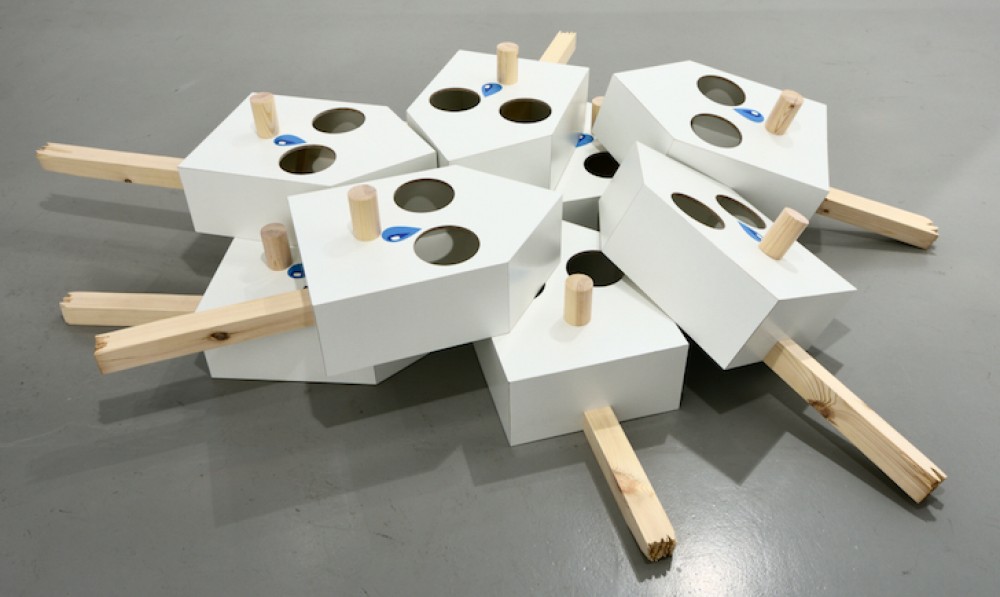Oleg Frolov
Oleg Frolov (b. 1983) lives and works in Moscow. Frolov is a graduate of the Faculty of Translation of the Maxim Gorky Literature Institute in Moscow in 2006. He continued to study in the Institute of Contemporary Art in Moscow between 2012–2013.
In the late 2000s, Frolov's understanding of art went hand in hand with his fascination with the urban space itself. Traveling in Northern Europe, he was very impressed by the rational geometry of city planning, ease of transportation, diversity of sensual environment and entrepreneurial culture that accompanied it. Back then he began to consider fine art as closely connected to the institutional organization of the social sphere and was eager to add some extra artifacts to the seemingly unproblematic interaction of humans, objects and information. Gradually Frolov's attitude became more ambivalent. Realization of how hard it was to start and properly maintain institutions in liberal democracies and elsewhere lead him to the issue of personnel and civic responsibility, so now he's keen on observing why and how people fail while establishing the good life for themselves.
Simultaneously, the art objects got more comic and eccentric and now concern themselves mainly with the promises and flaws of optimistic rhetoric of achievements and creativity, which effectively follows the current communicative economy, but at the same time masks a big deal of automatism, intellectual laziness and lack of will. Oftentimes, the work will function as an accumulation of clichés of mass consciousness. Frolov's sculptural practice involves unspecific modes of production, such as presenting ready-bought items and outsourcing of manual labor. In order to grasp how society at large utilizes the history and developments of fine art, his methods refer to an array of creative activities, such as hobbies, edutainment for kids, parties and other leisure events. In this somehow dissolved state, he sees art as an integral part of an overall discussion of democracy. The broader intellectual frame of topics, such as biological turn in theory, demography, human emotional and cognitive spheres, is crucial in Frolov's work, which addresses tense interdependency of people and artifacts.
Selected works
View: ,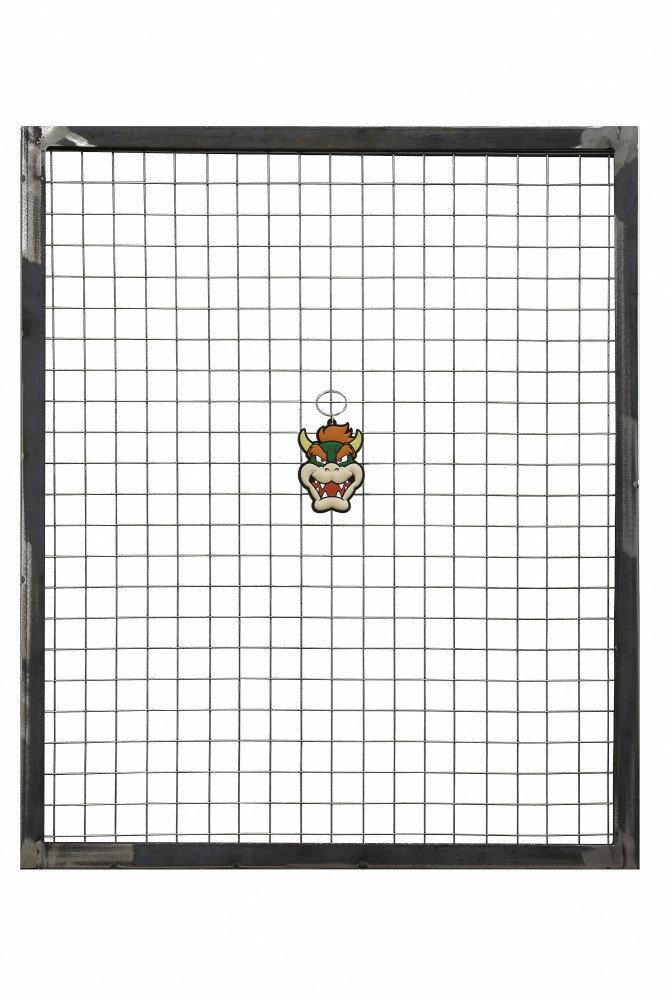
Chronic conflict (on posters) (Bowser)
UV print, PVC 90×75cm 2021
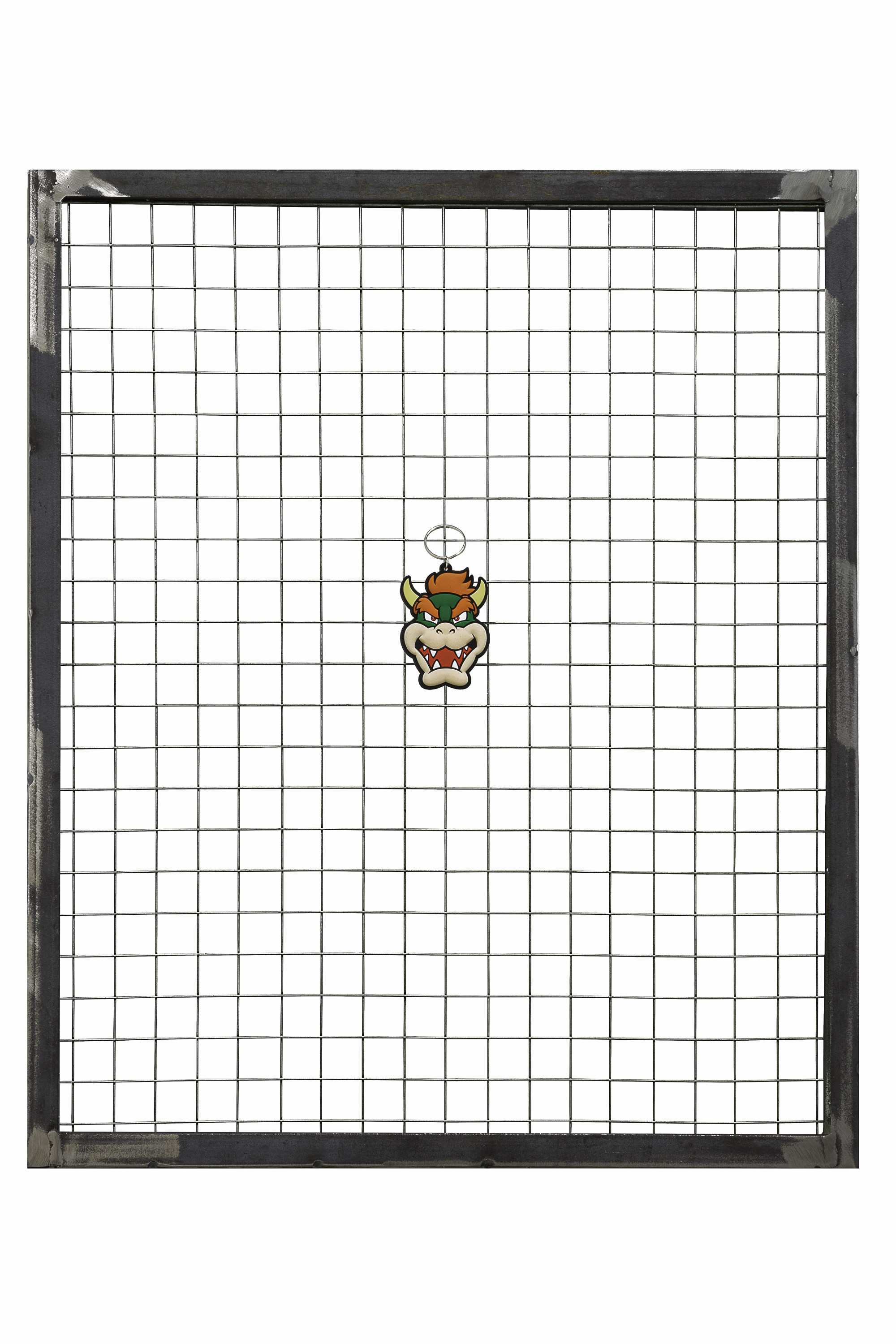
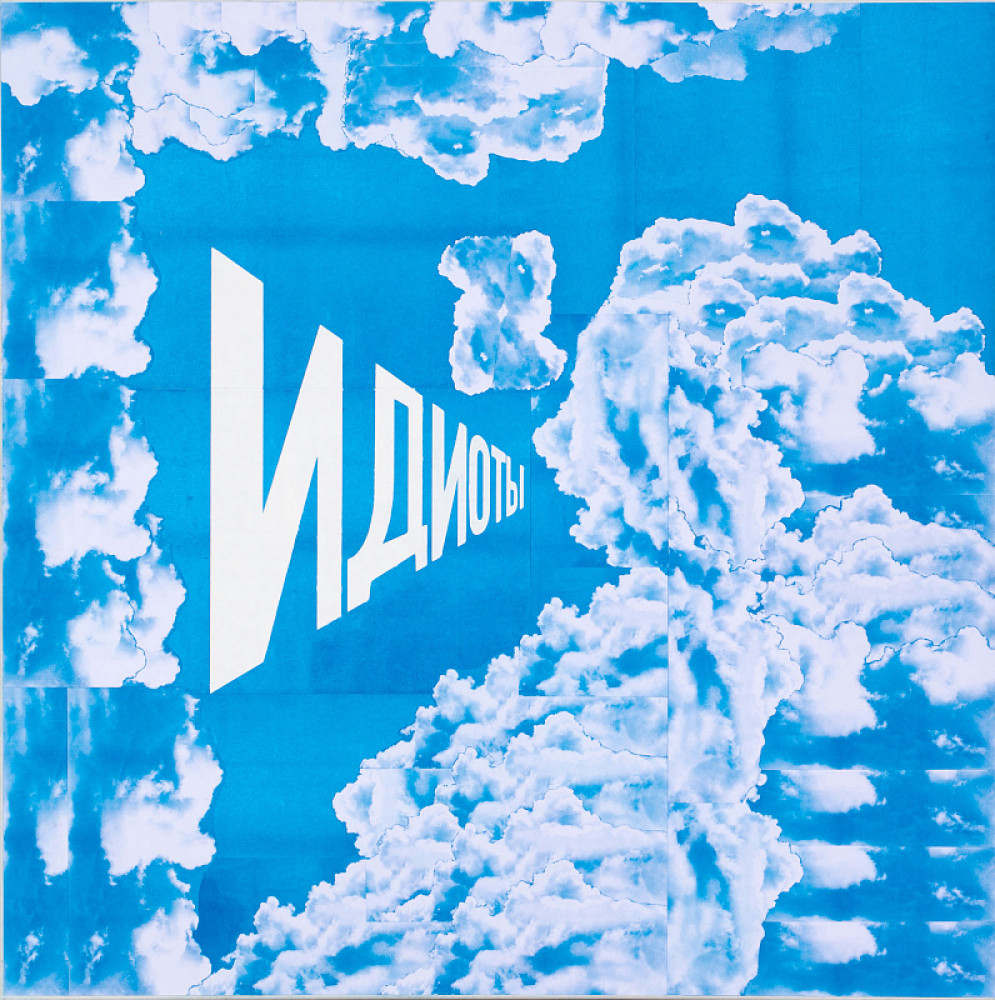
Loneliness In the Crowd
mixed media, collage of rizoprints on canvas 90×90cm 2021
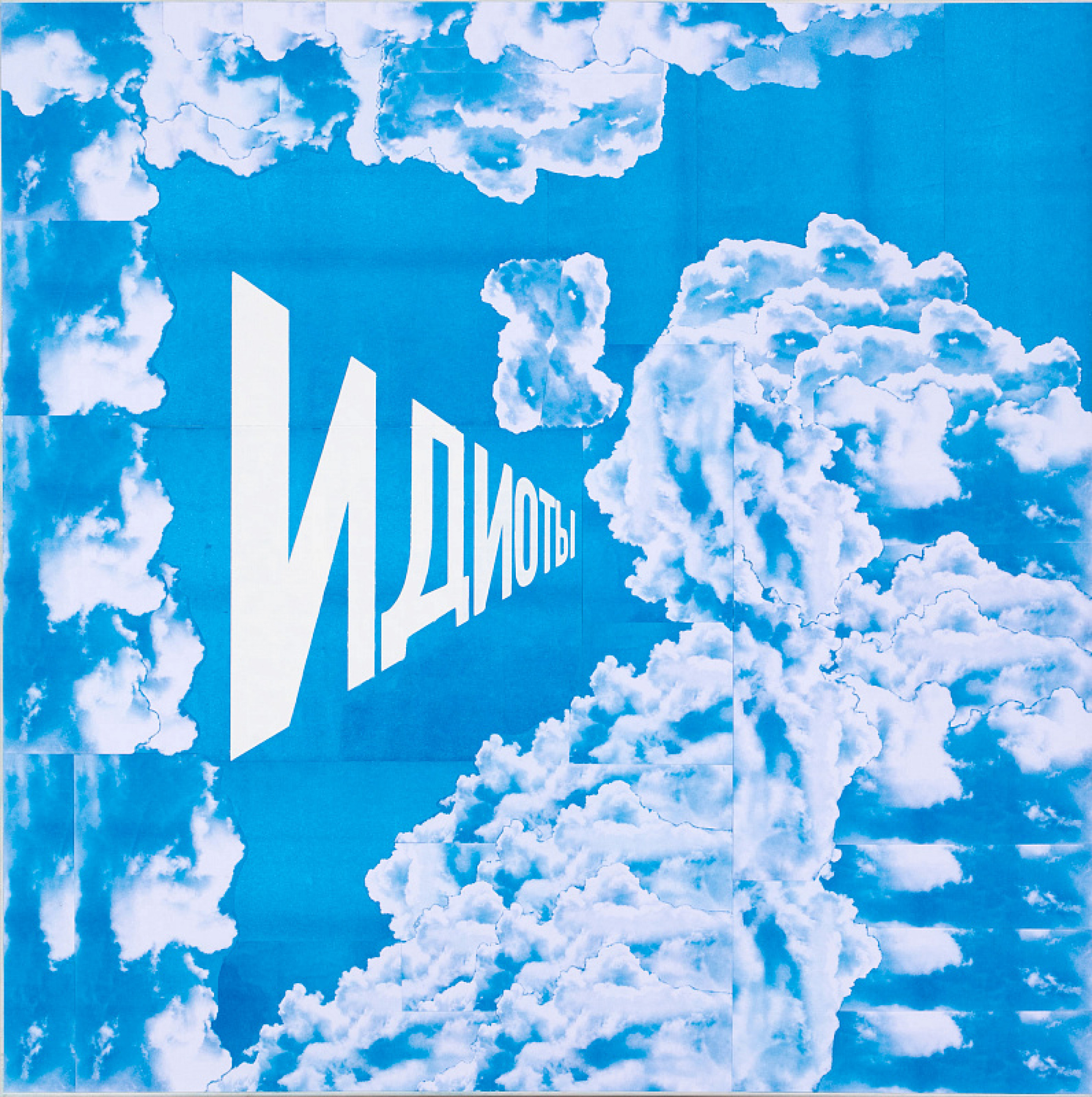

Chronic conflict (on posters) (Mario)
UV print, PVC 90×75cm 2021
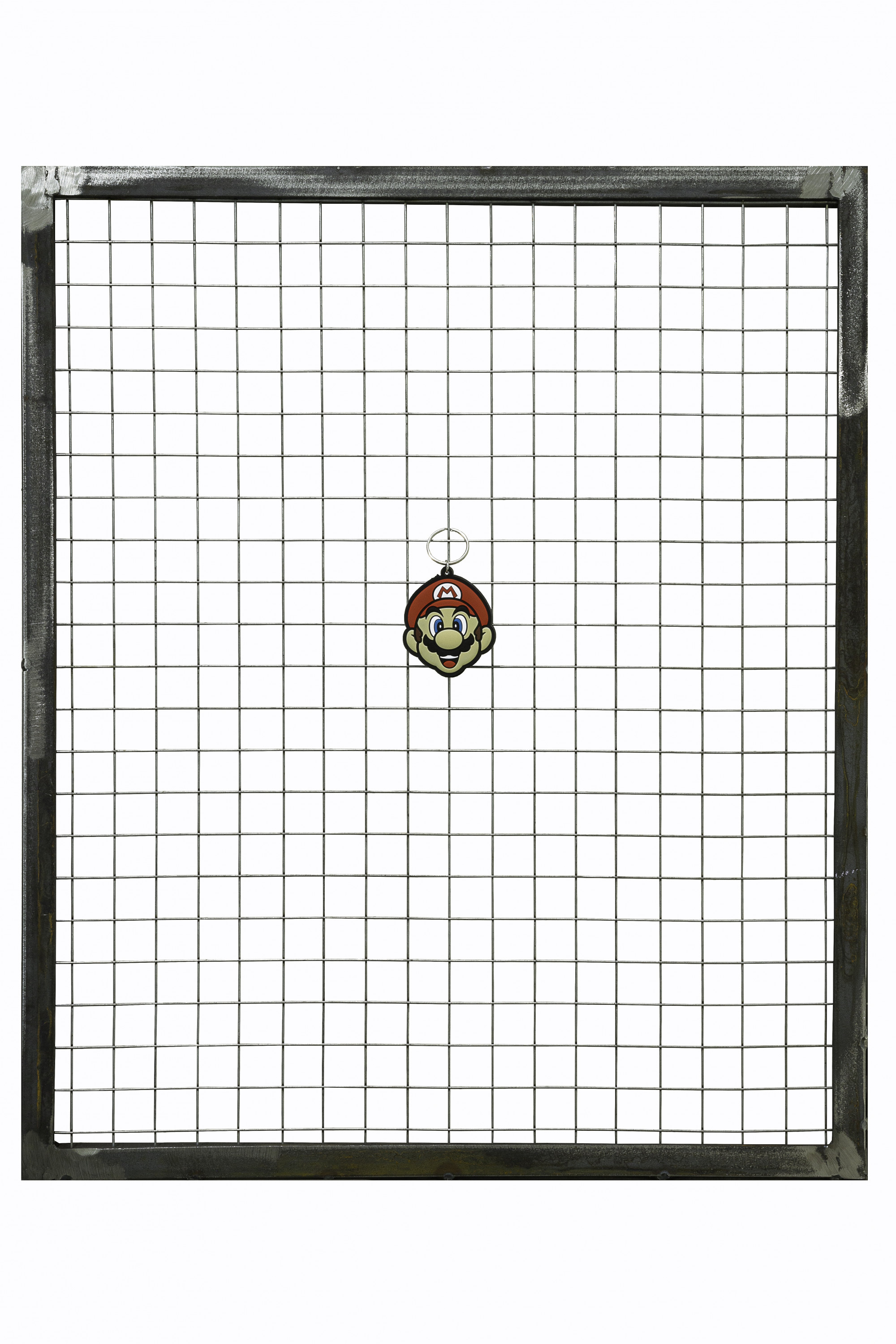
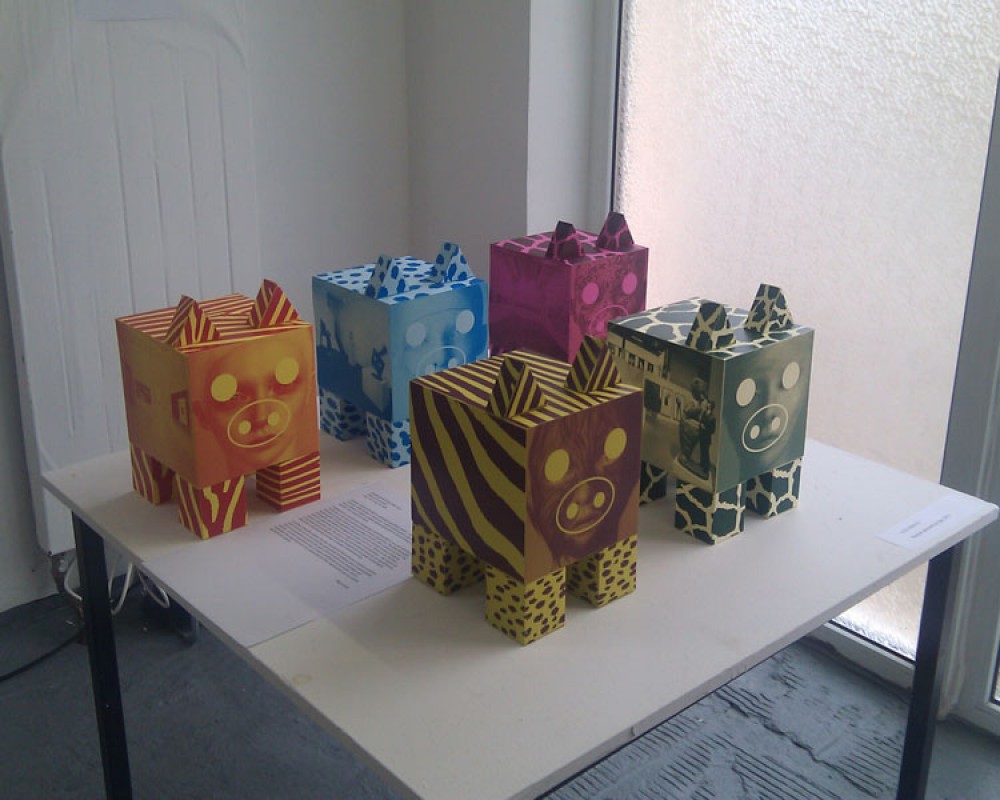
Russian Geometric Pigs
laserjet print, paper, dimension variable 2012
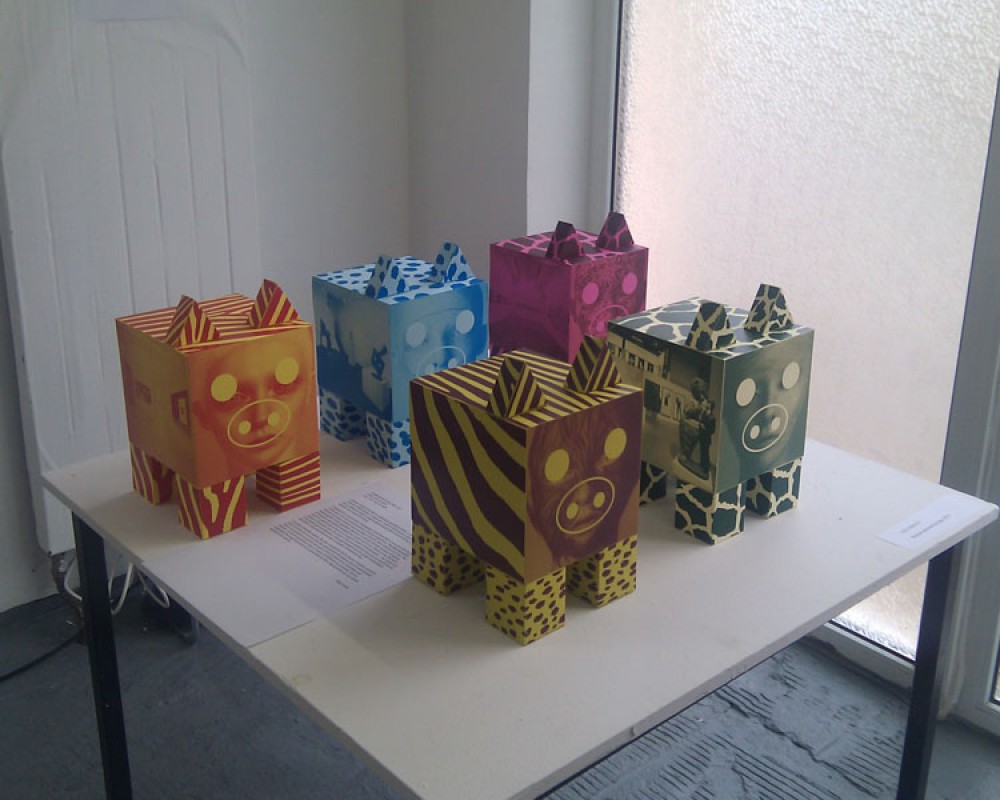
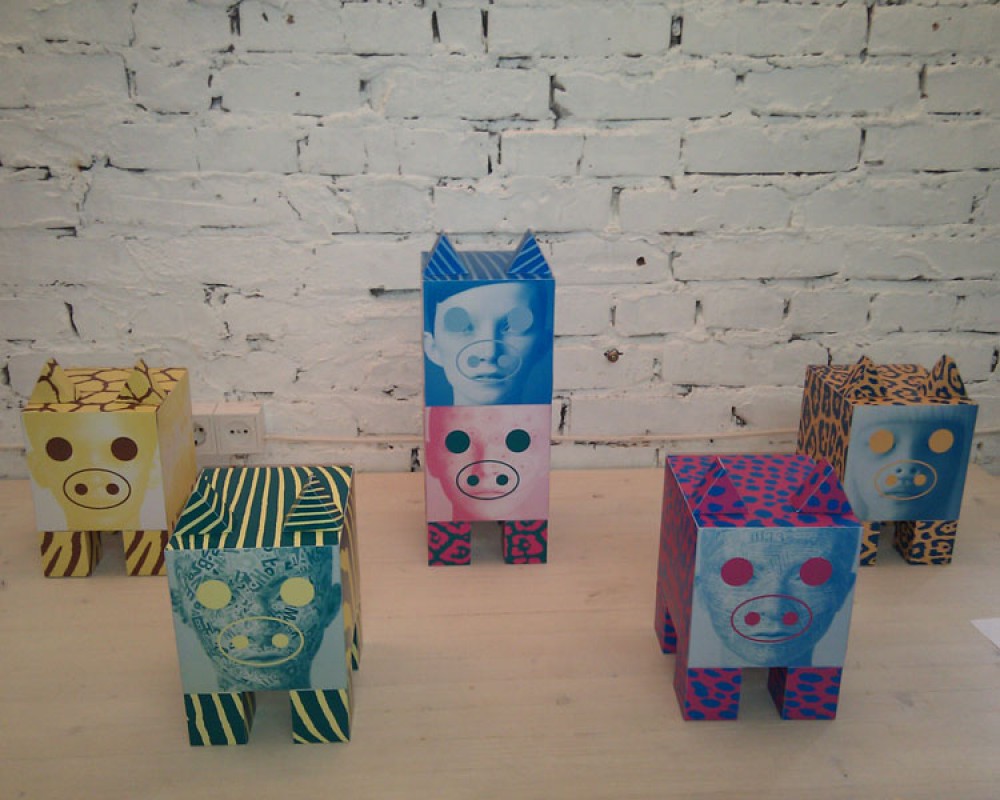
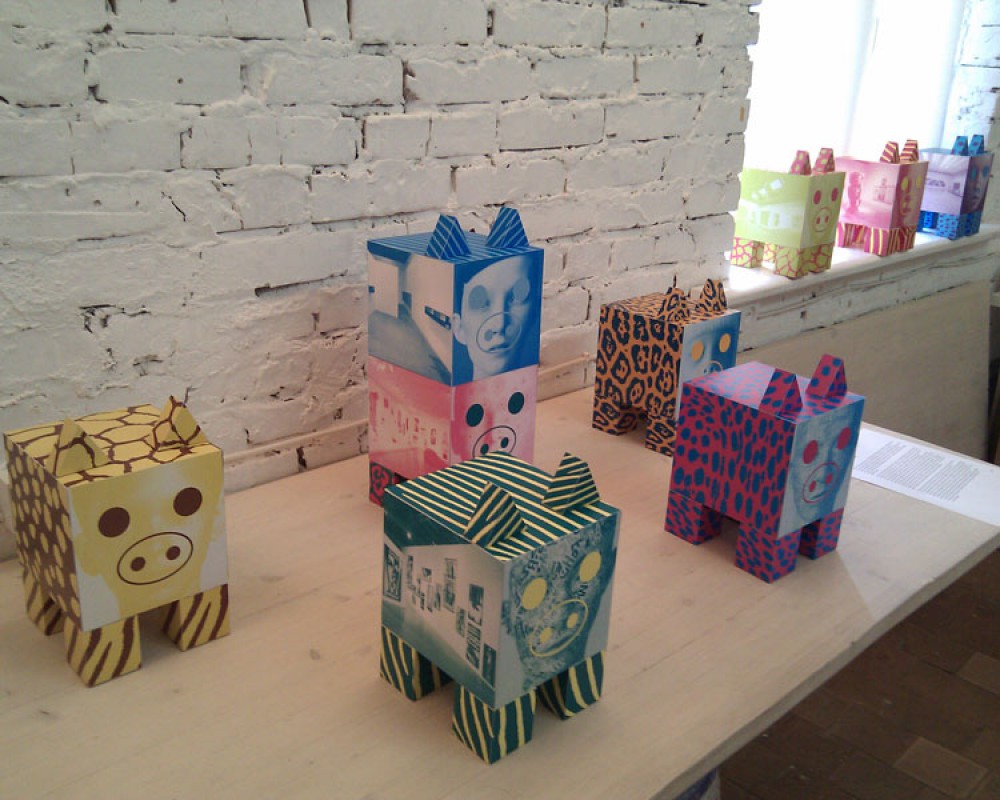

Startup
plinth, mannequins, clothes, children’s furniture, Giotto felt-tip pens and crayons 133×170cm 2014
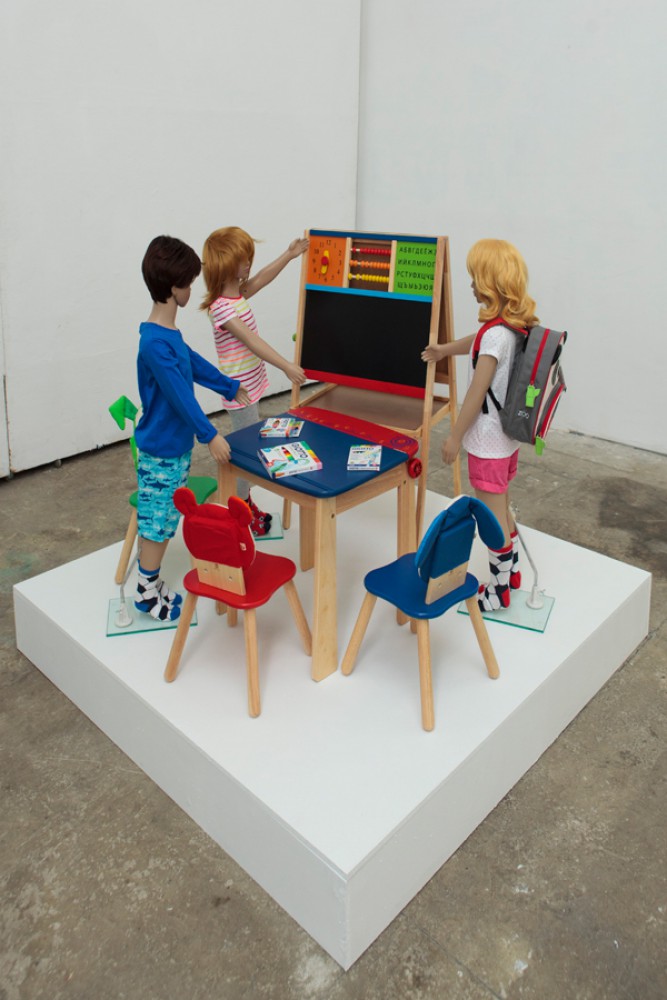
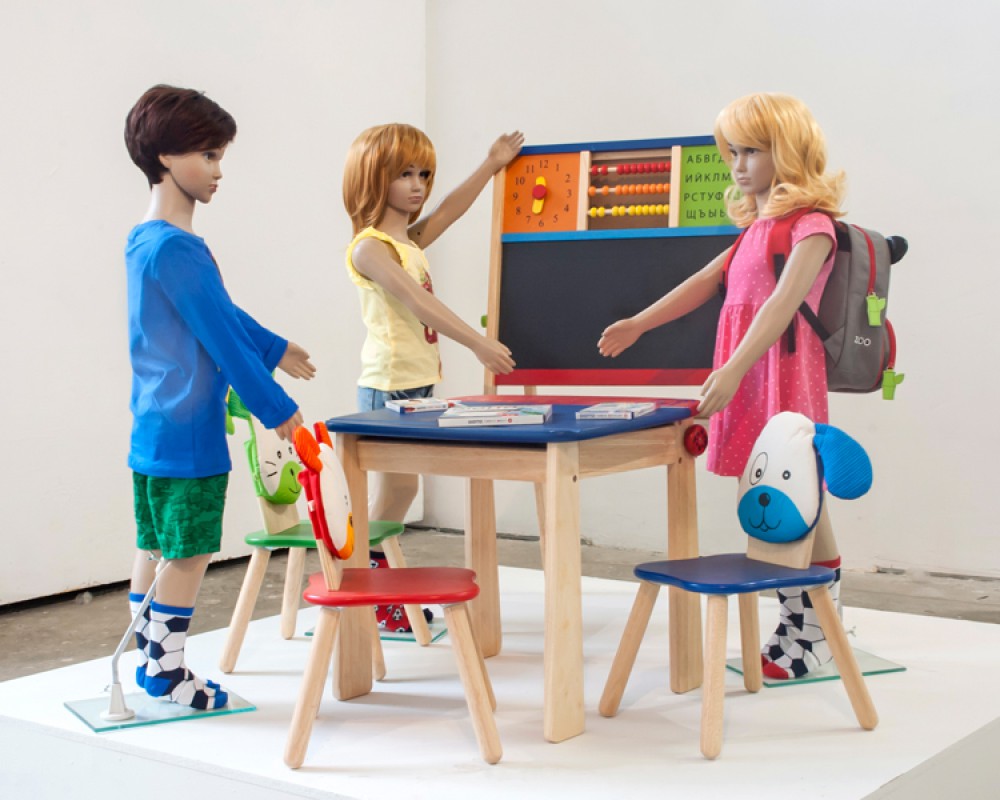

Untitled
Wood, silkscreen, t-shirt 113×95×4cm 2013 - 2014
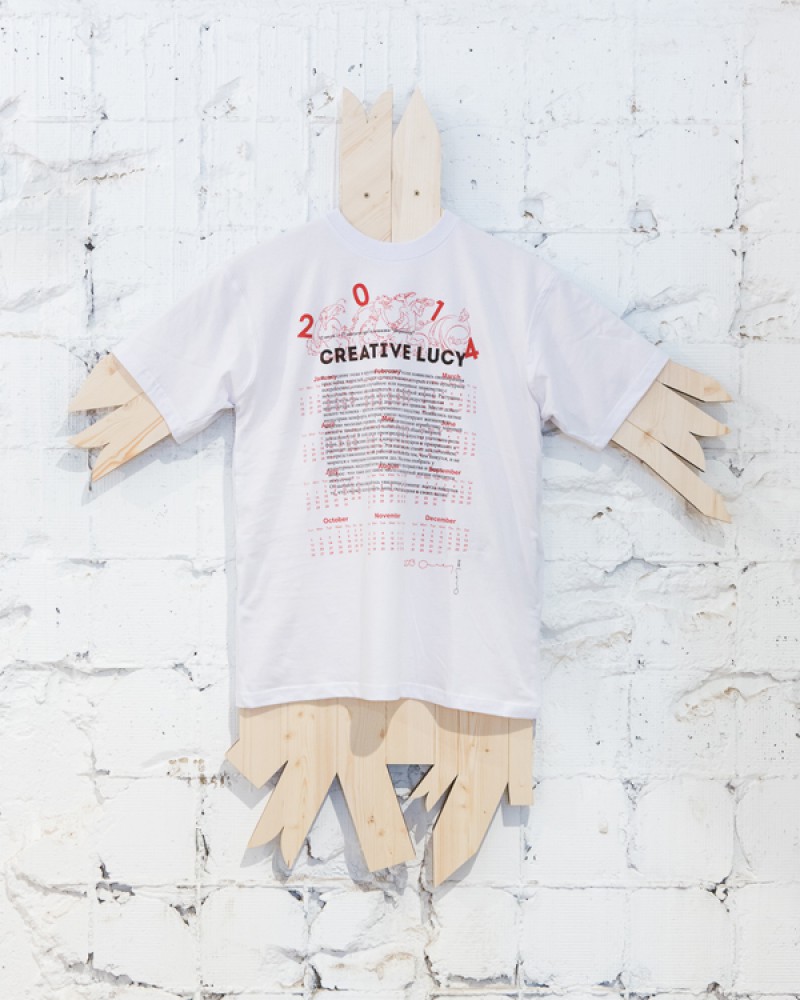
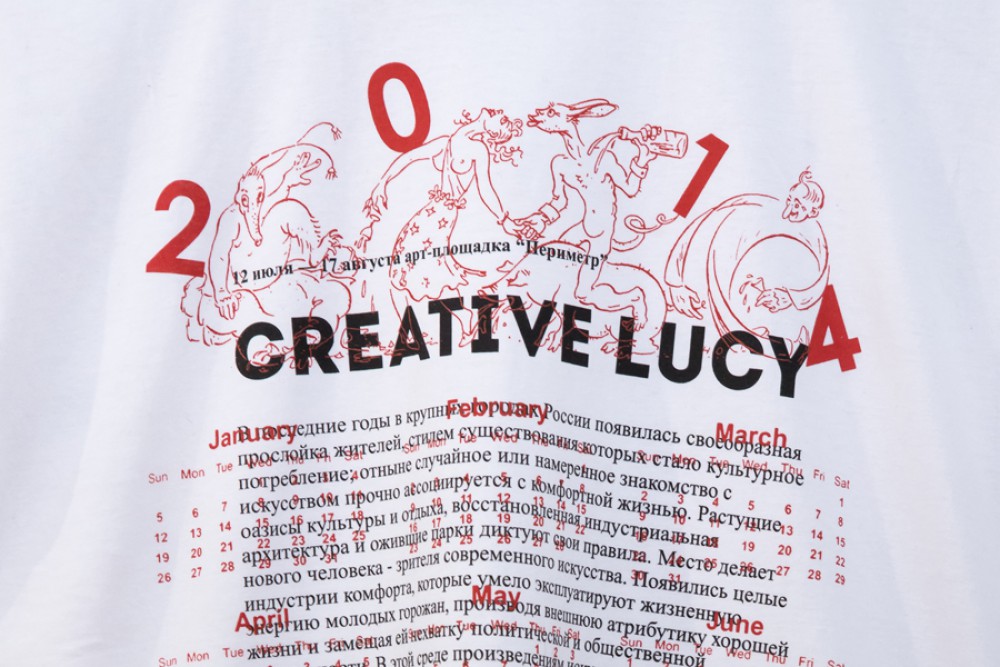
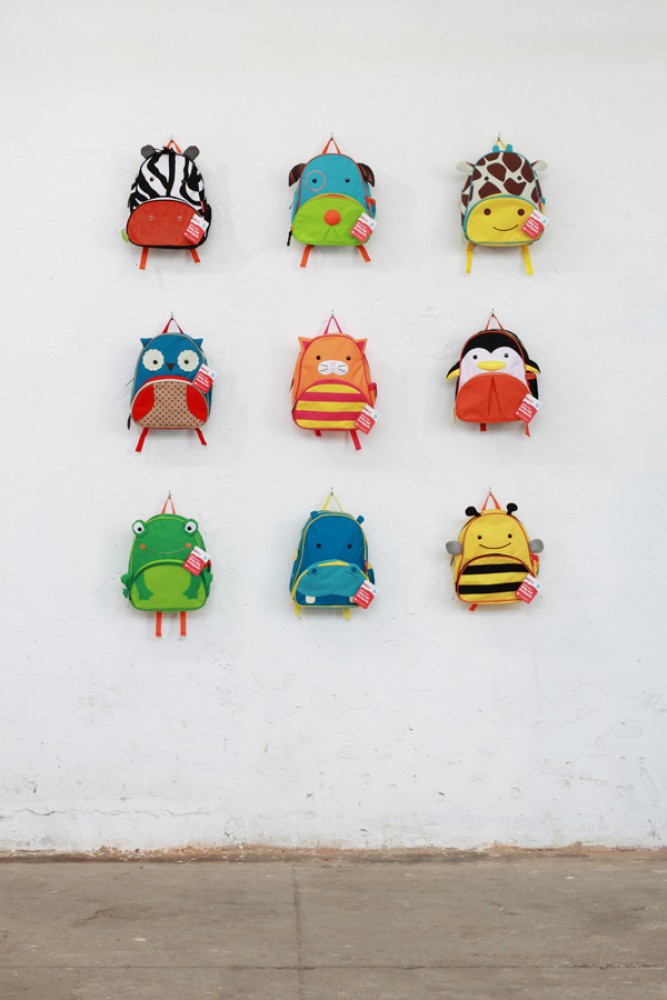
New Age
9 Skip Hop Zoo backpacks, dimensions variable 2014
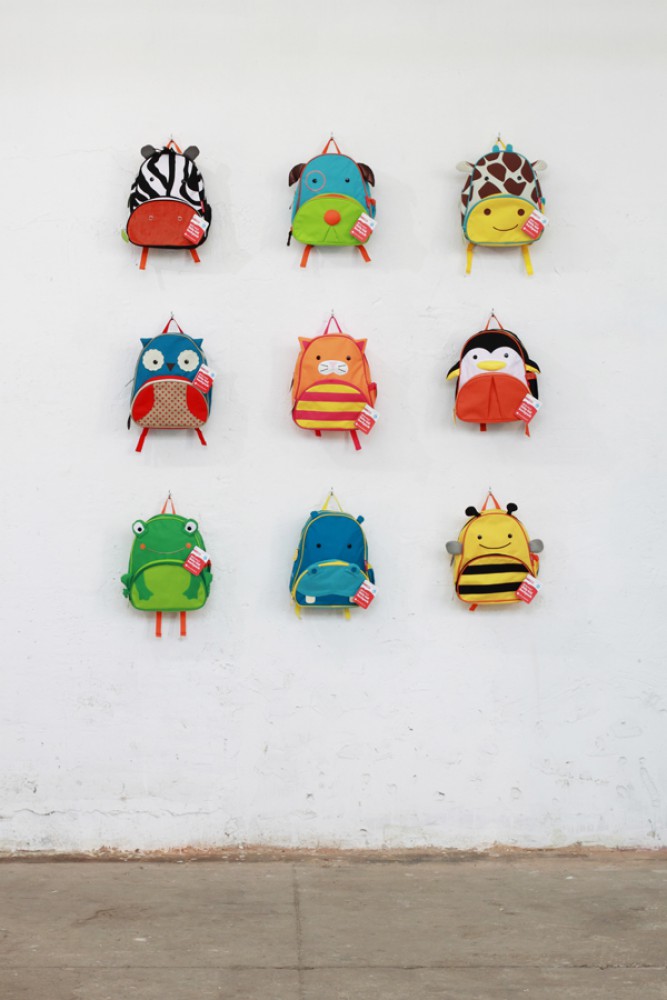
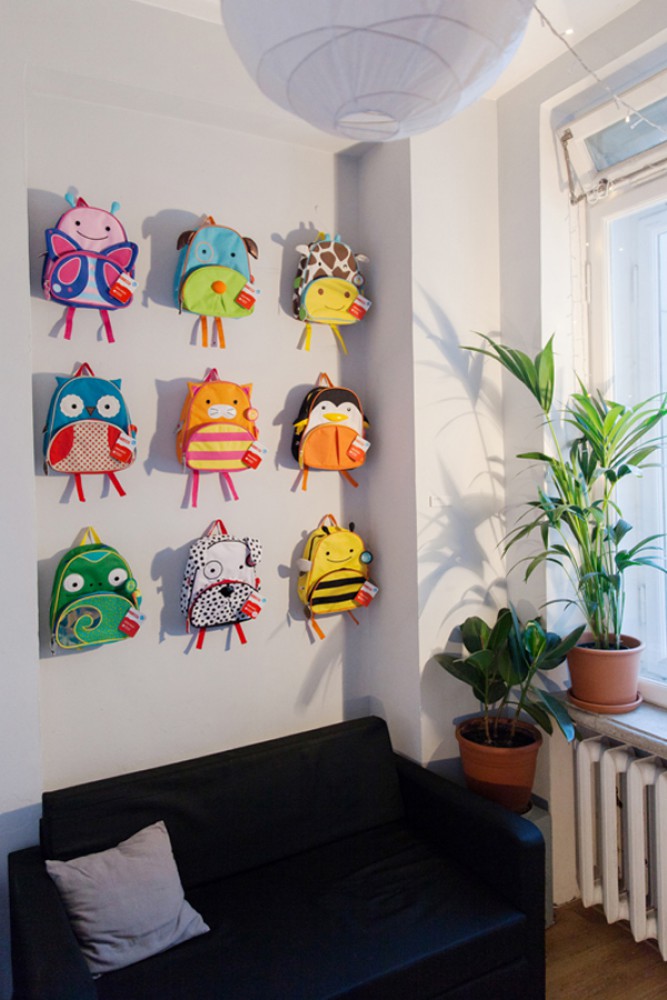

Cultural Dialogue Between Russia and Europe
Ceramics, paint, coins 25×20×40cm 2014
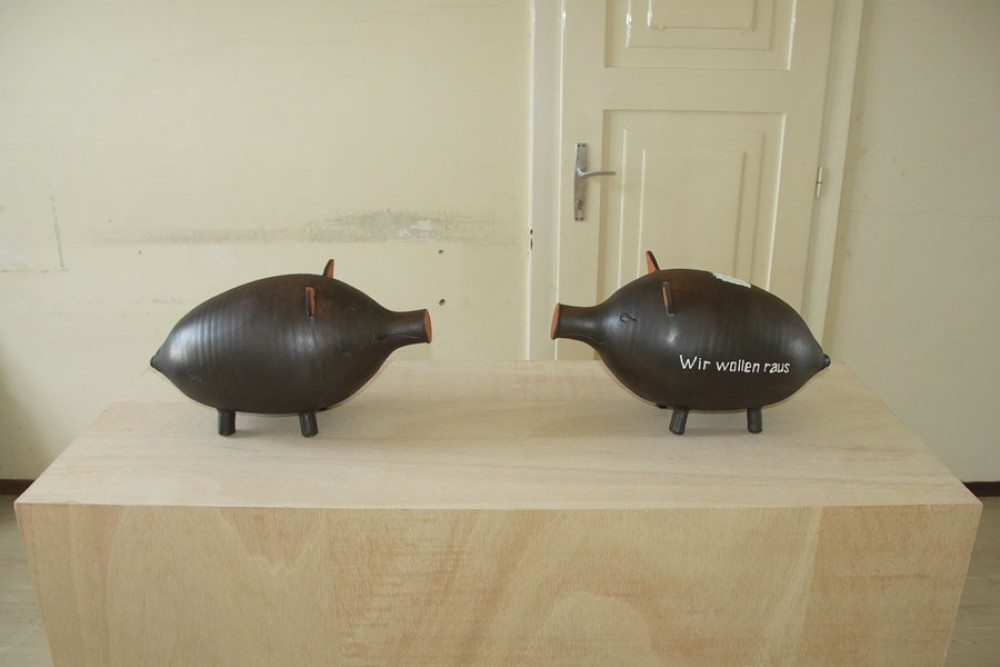
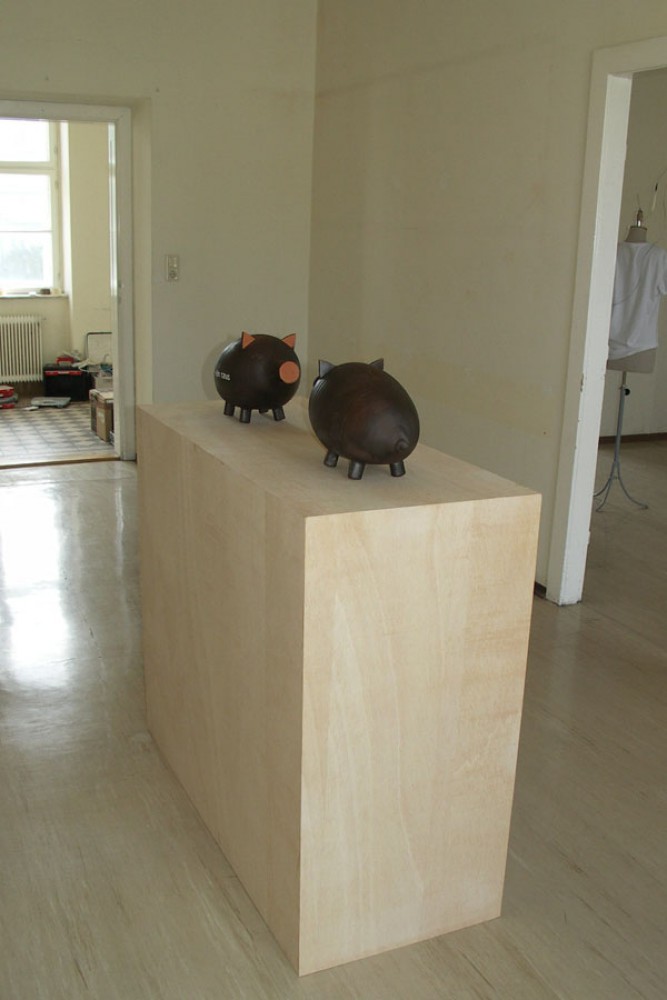
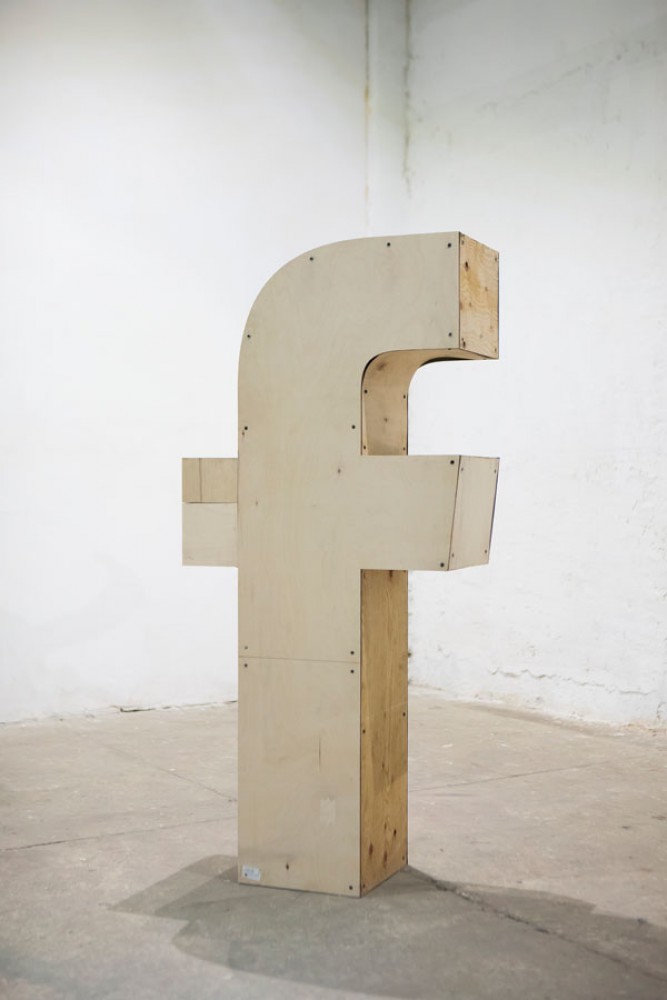
Alibi (with a present)
Plywood, rubber turd, a bottle of Patron tequila 140×65×29cm 2014
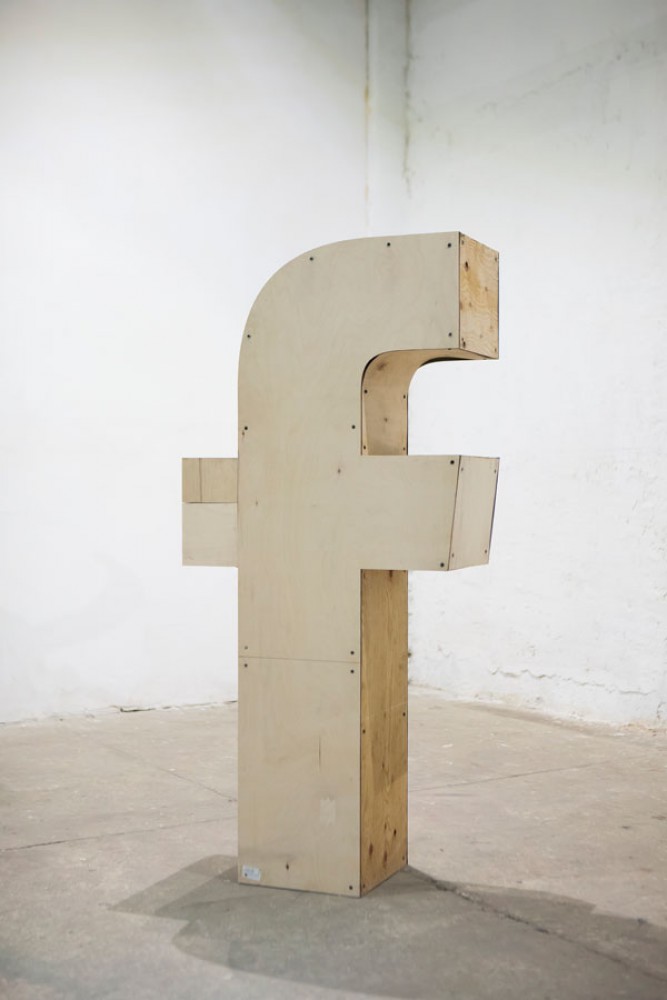
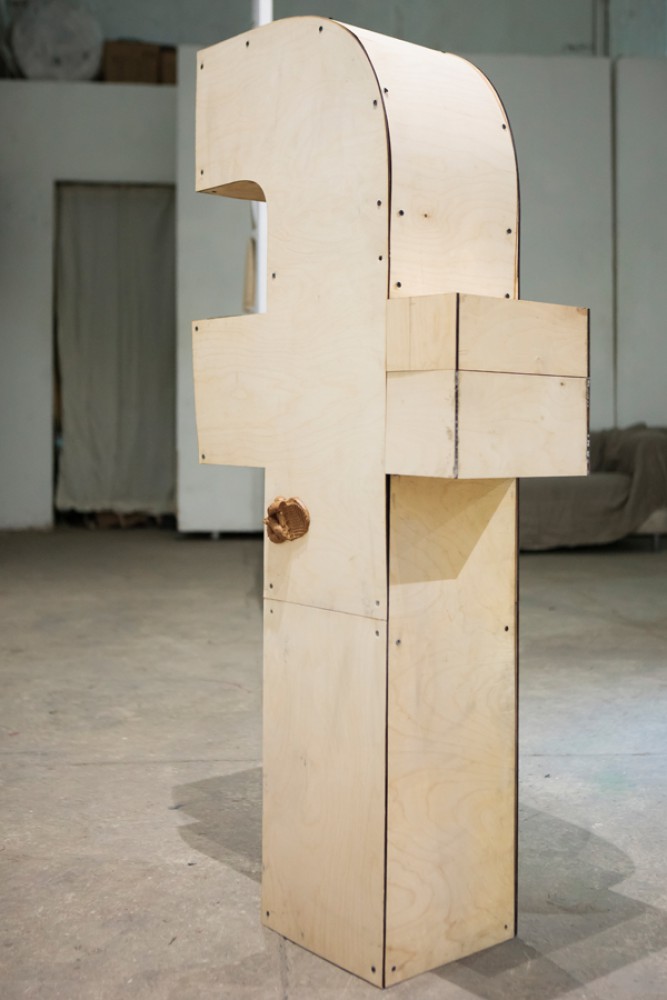
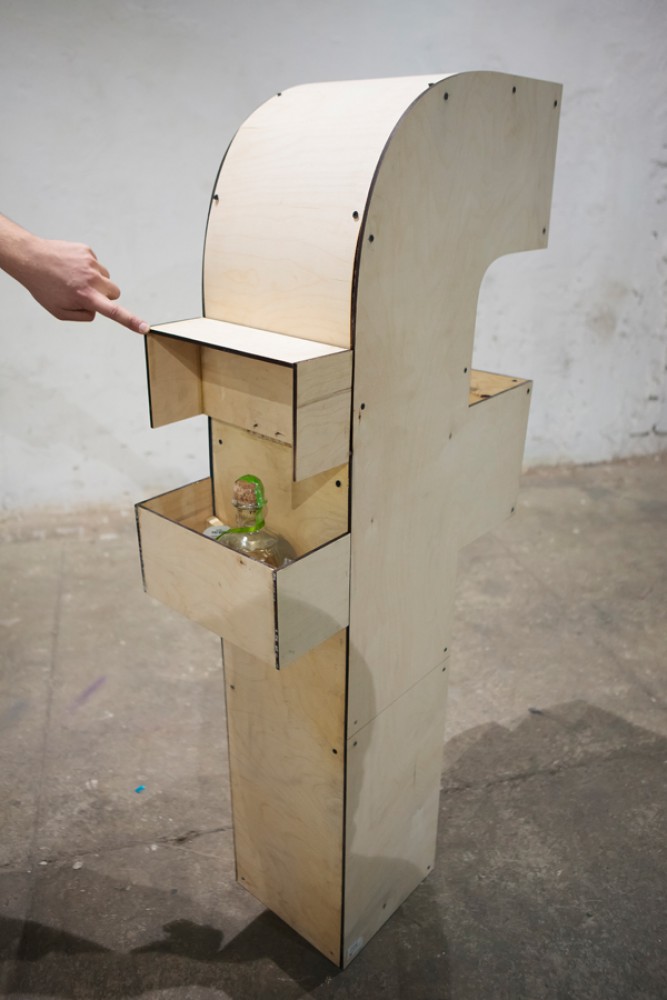
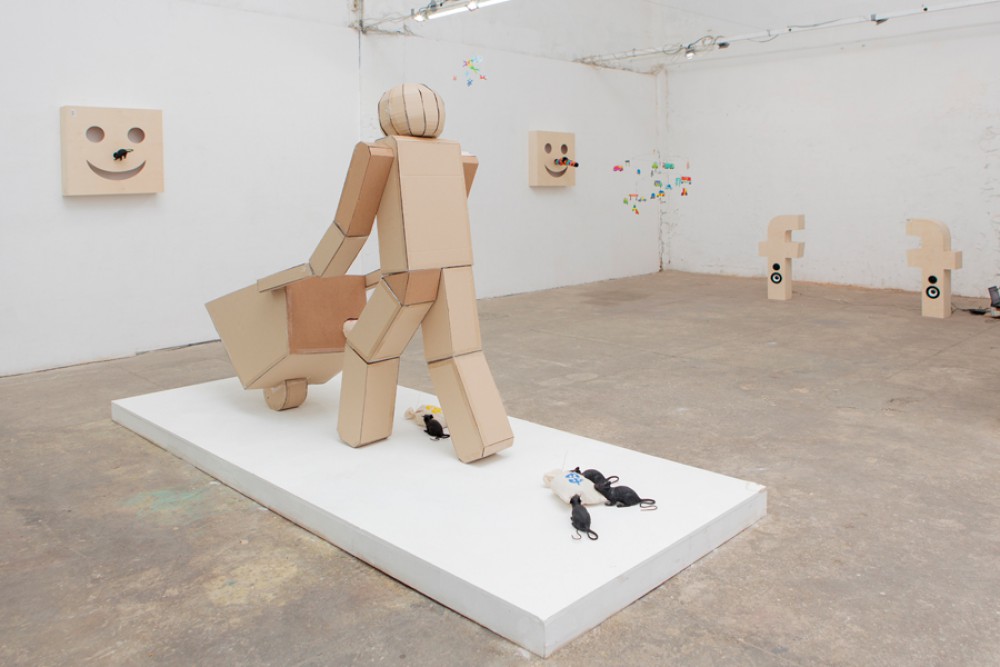
Installation view of the one-man show Forward forever – backwards never! at Elektrozavod gallery. Moscow, 2015.
2015
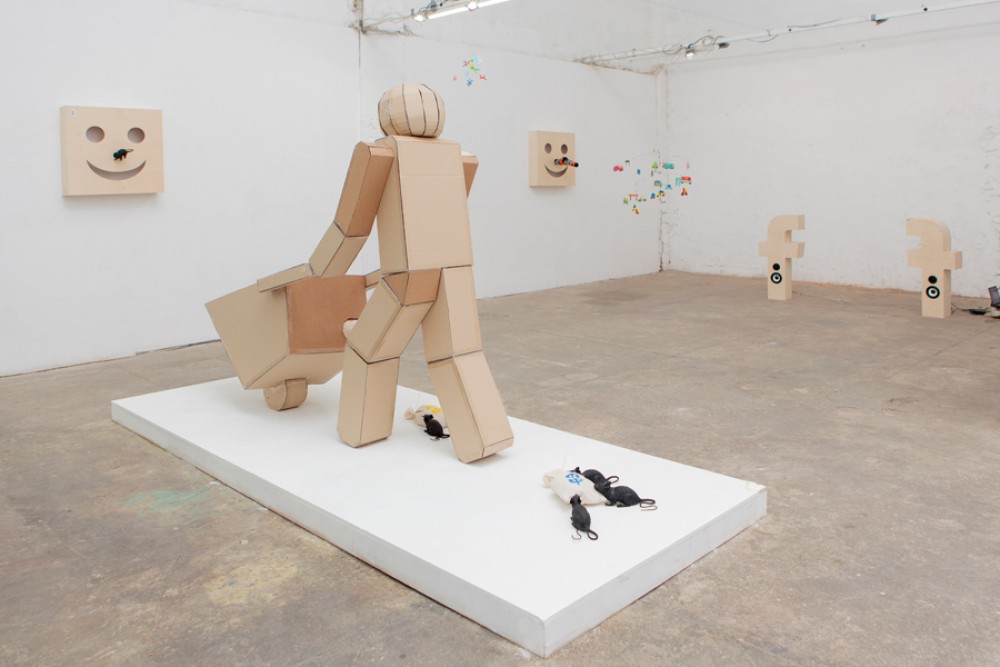
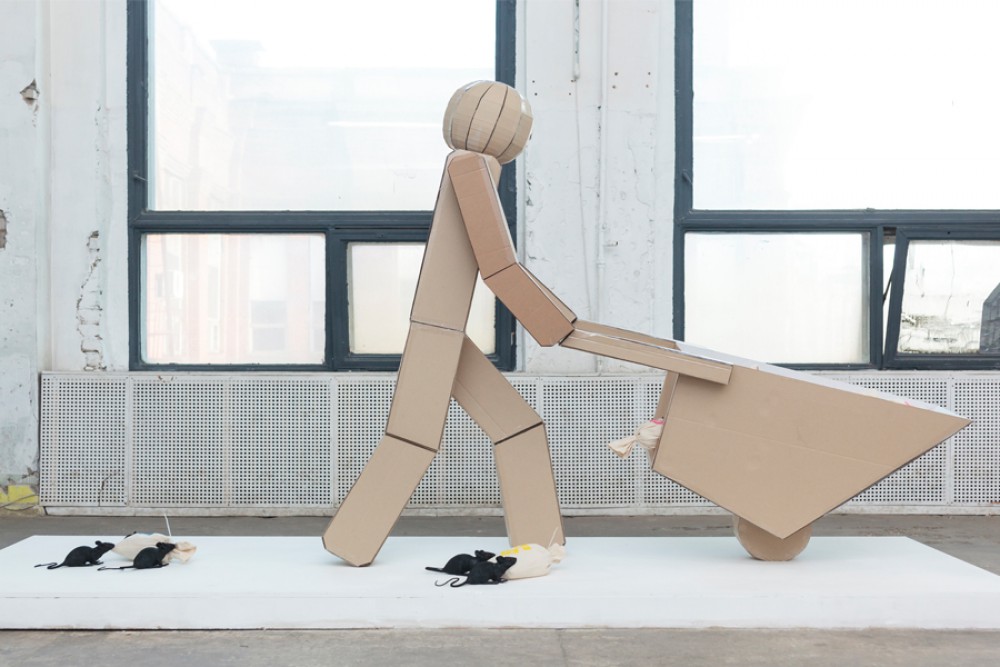
We Can a lot - We Will Achieve All
cardboard, silkscreen on money bags, rubber rats, dimensions variable 2015
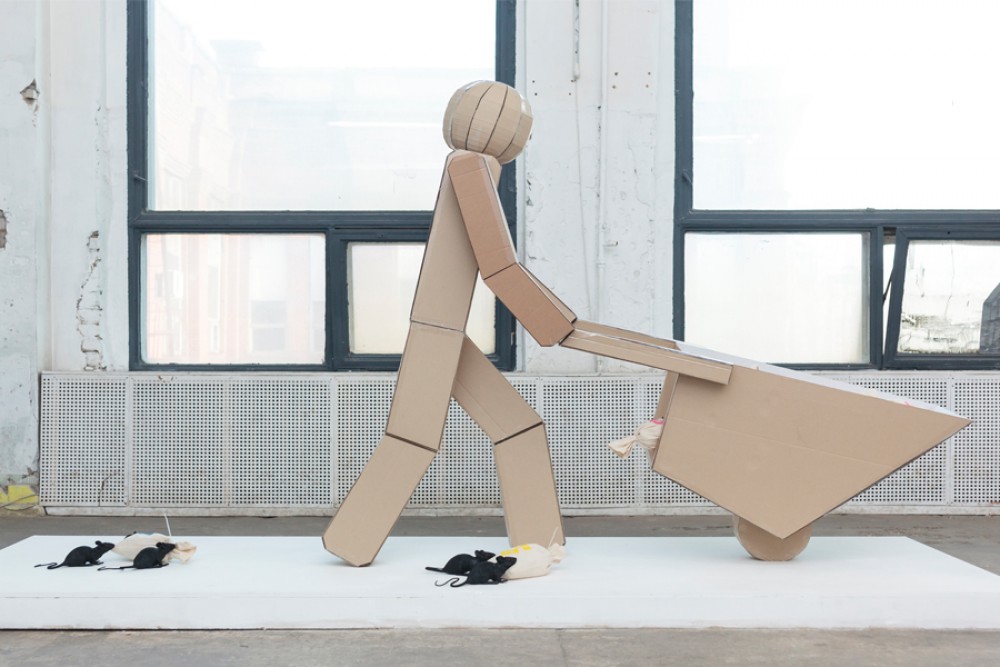
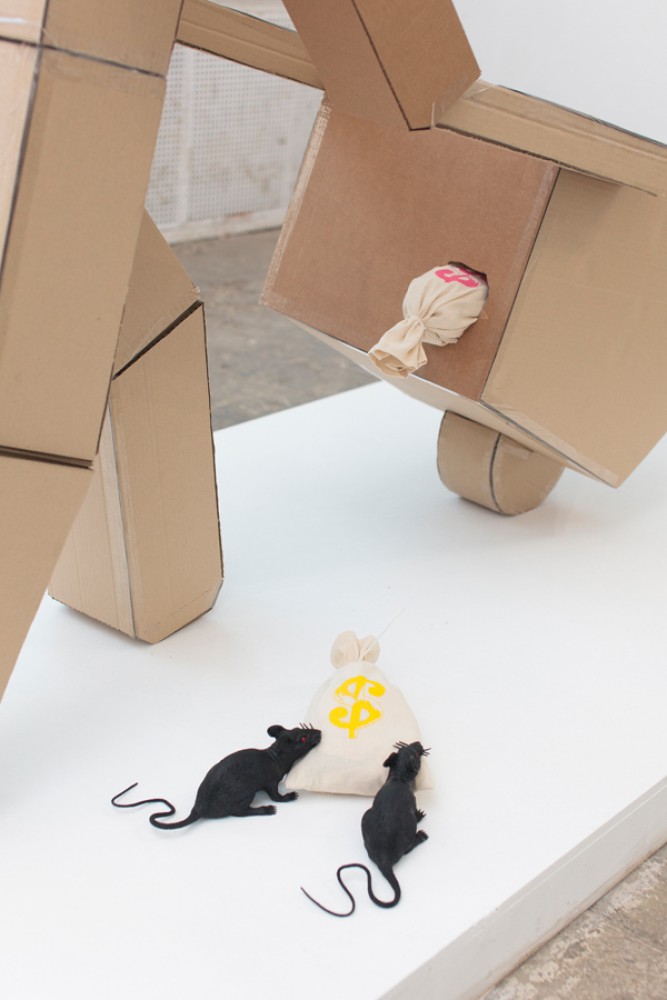

Natural Filter (Brussels version)
silkscreen on plywood, tree branch 70×70×5cm 2016
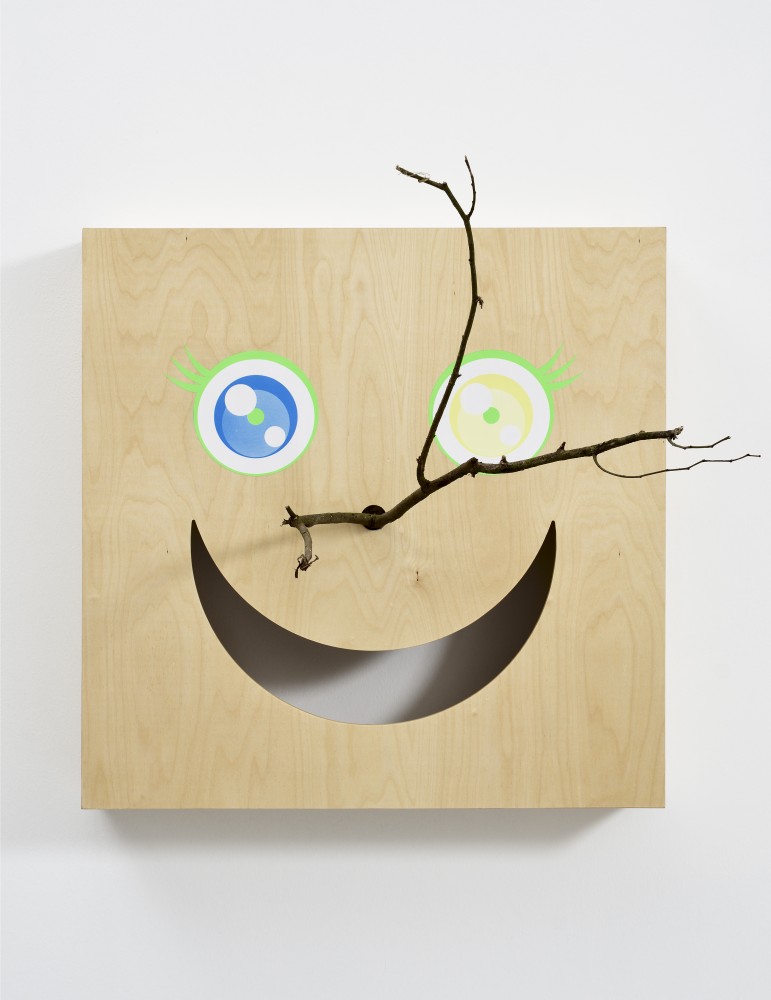
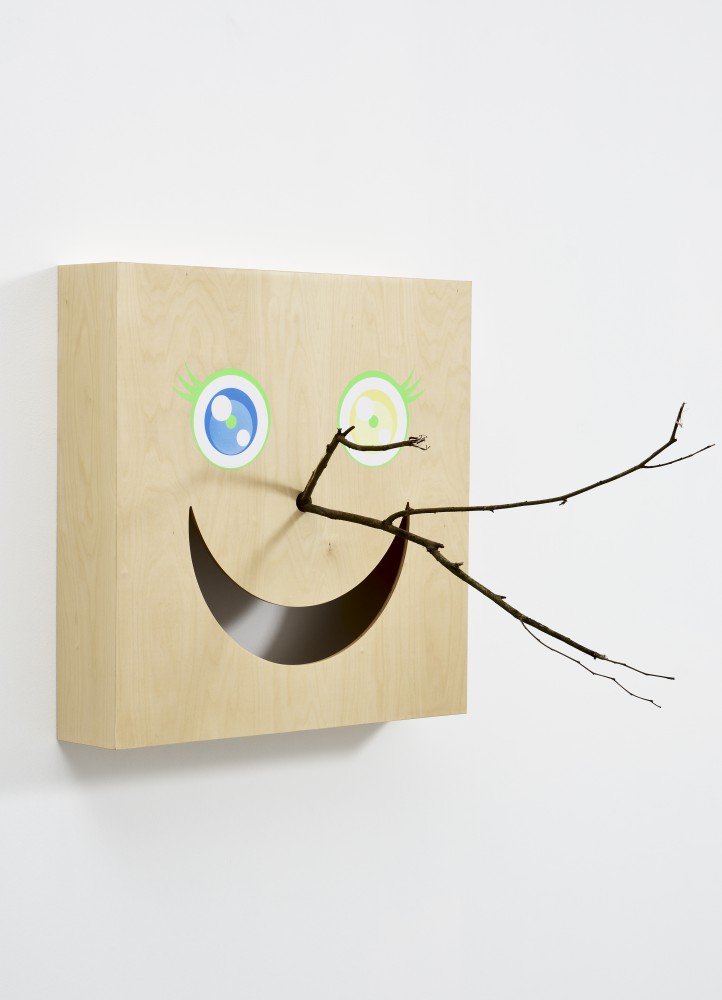
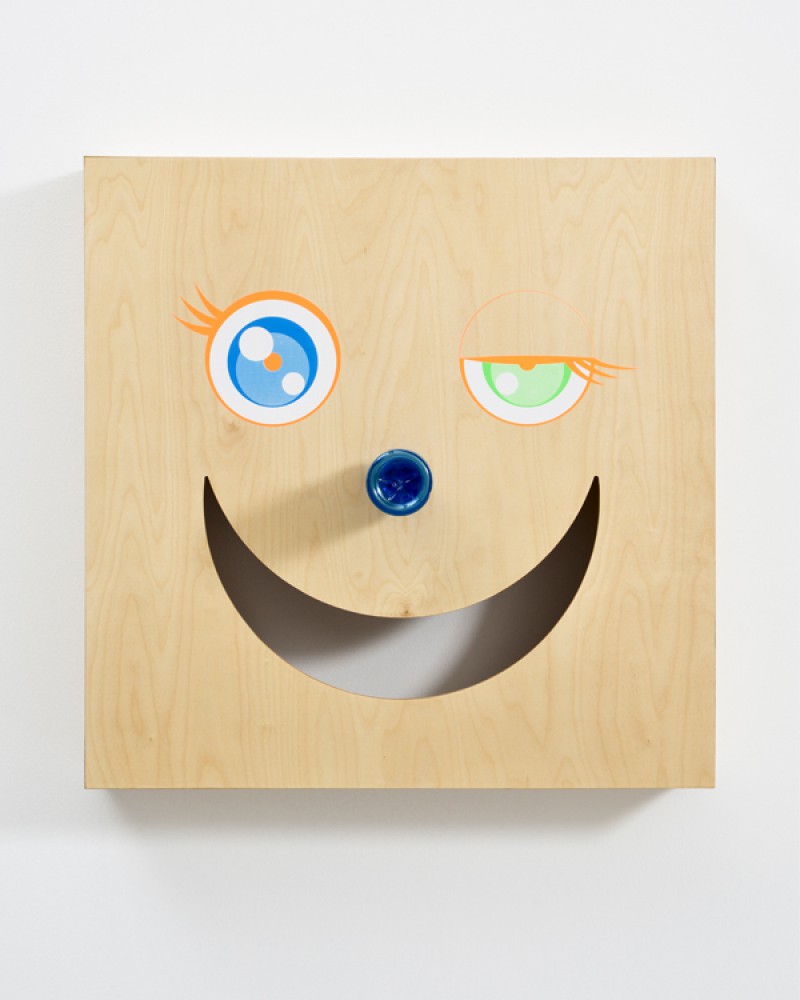
Reception lite (Brussels version)
Silkscreen, plywood, plastic bottle 70×70×5cm 2016 - 2017
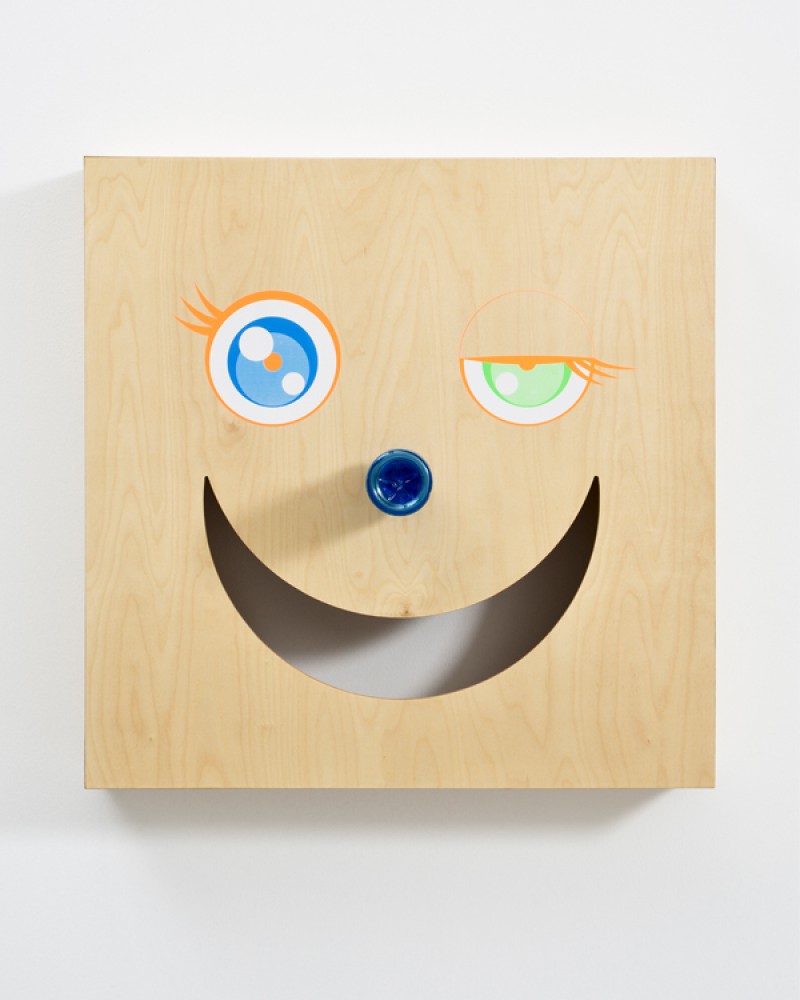
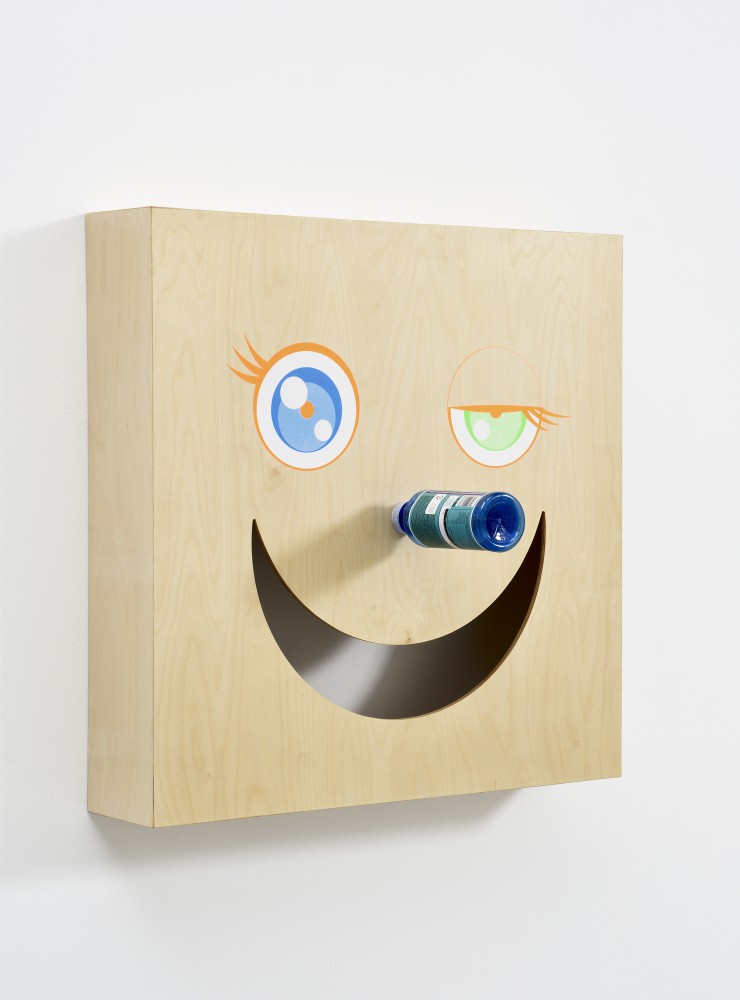
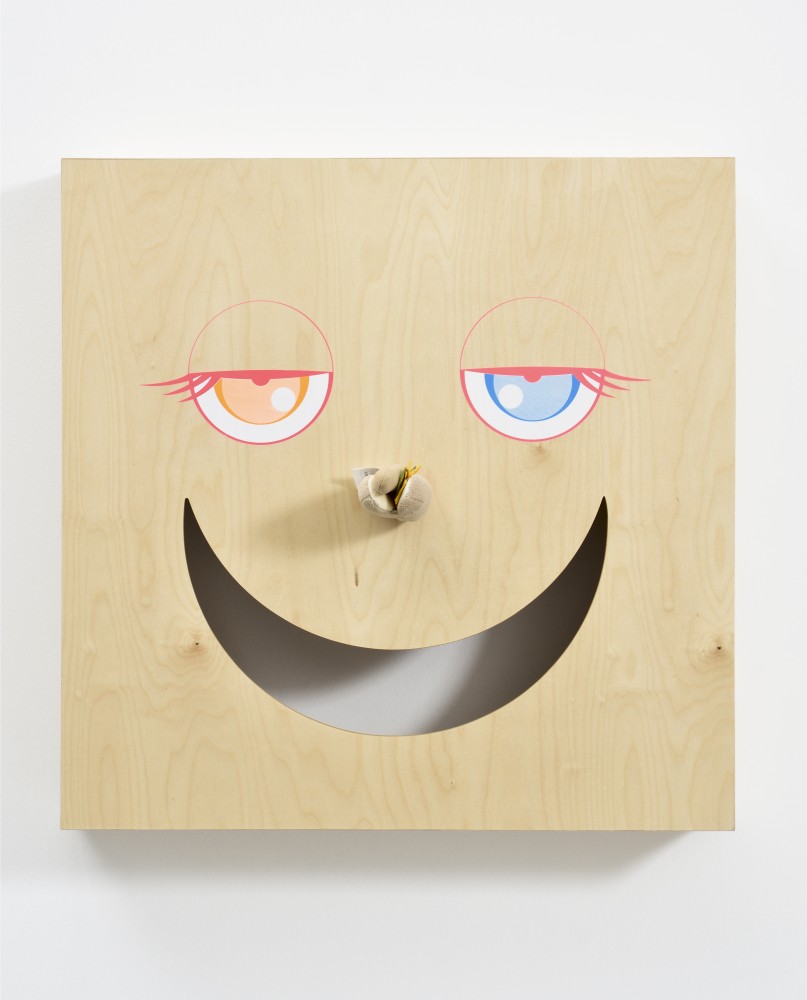
Chain Feeder (Brussels version)
silkscreen, plywood, plush hot dog 70×70×5cm 2016
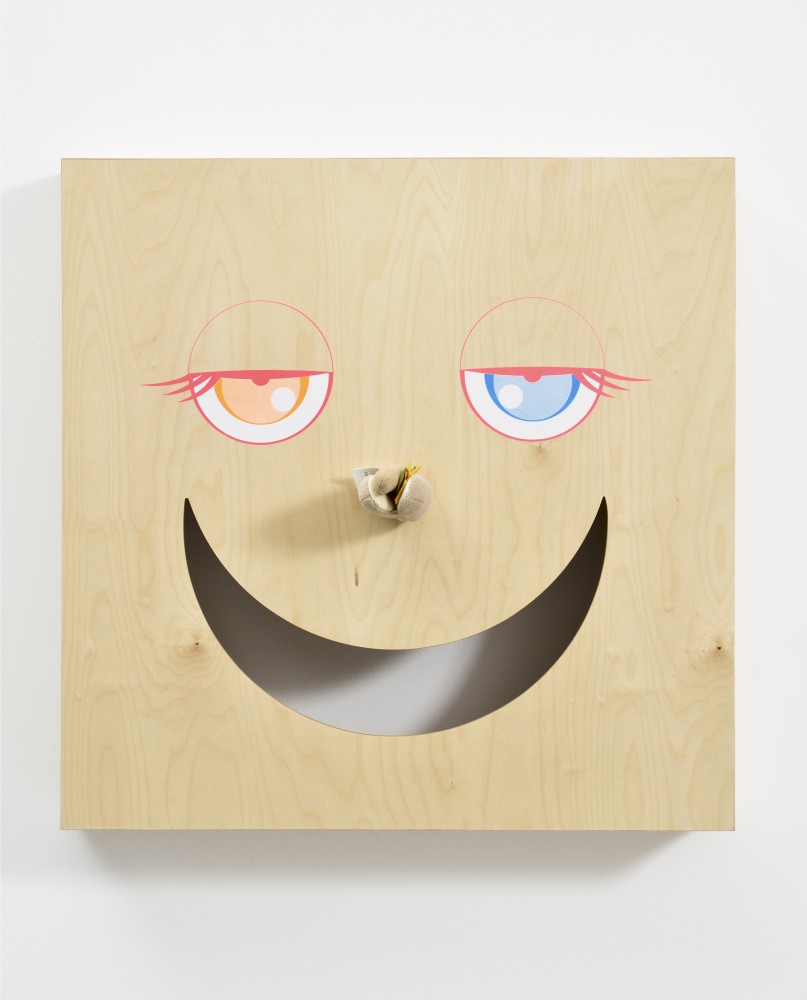
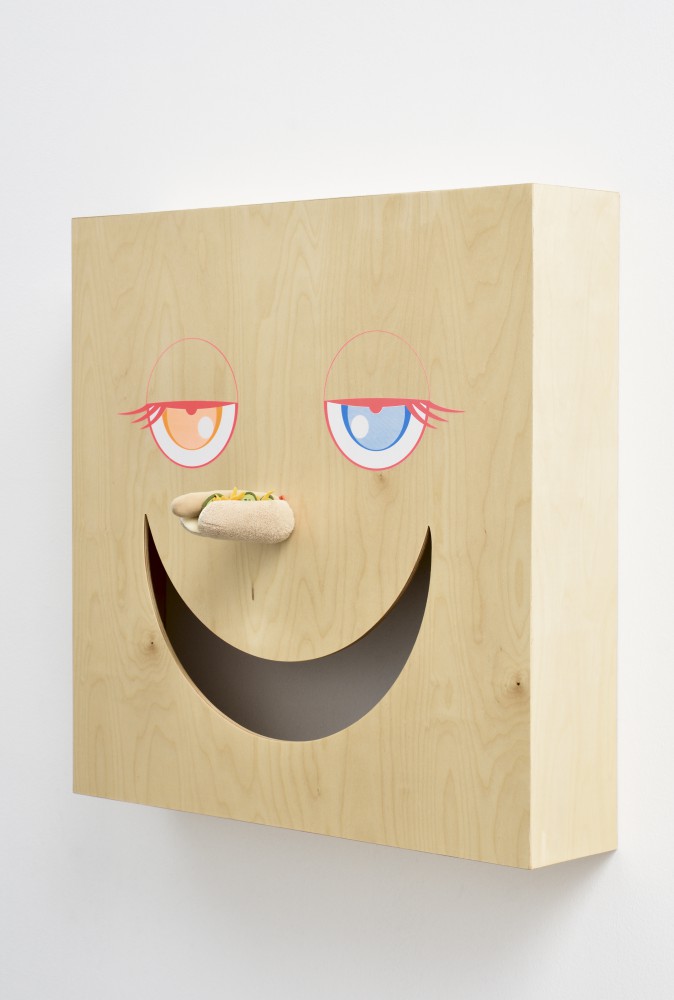
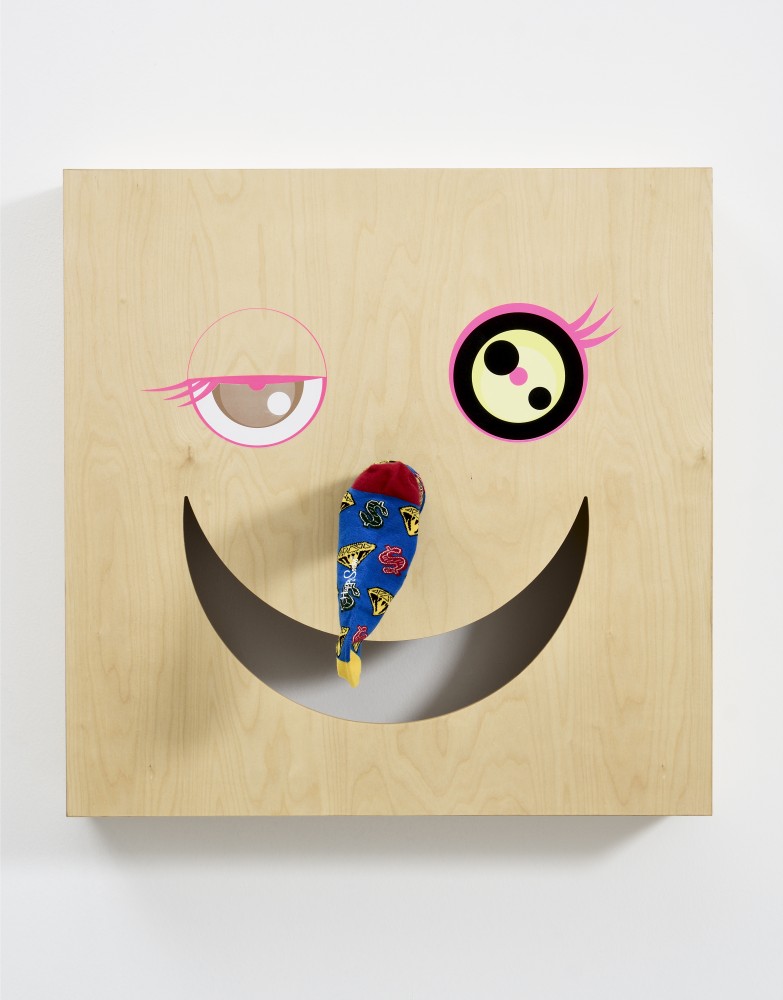
Foundation of Nonverbal Communication Support (Brussels Version)
silkscreen on plywood, sock 70×70×5cm 2016
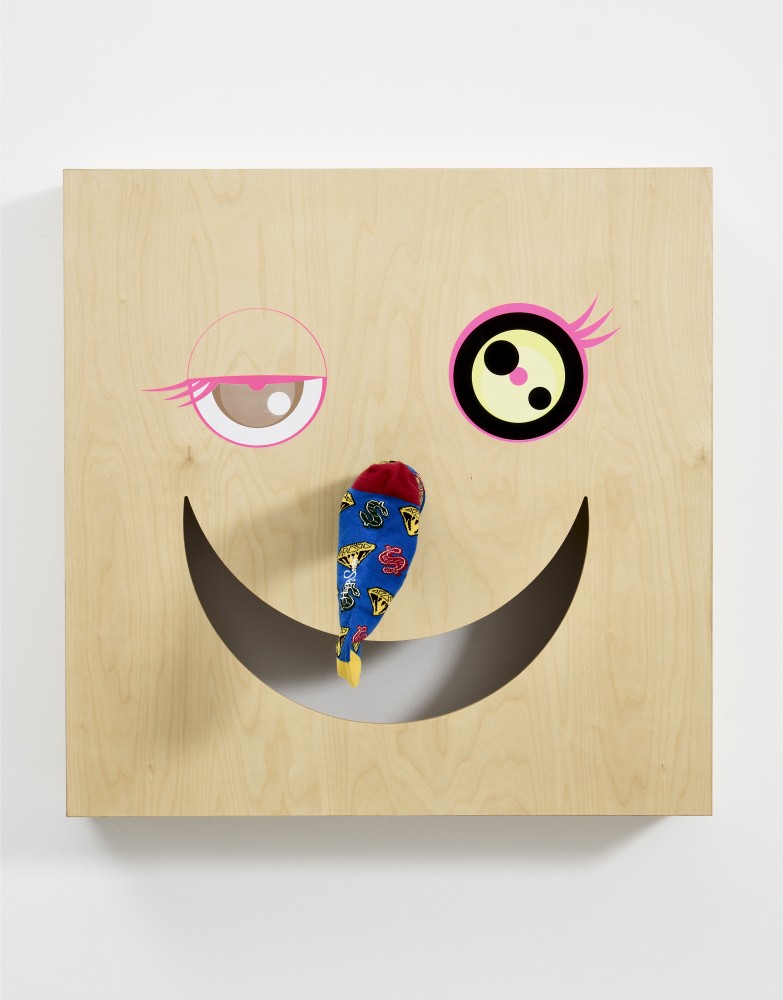
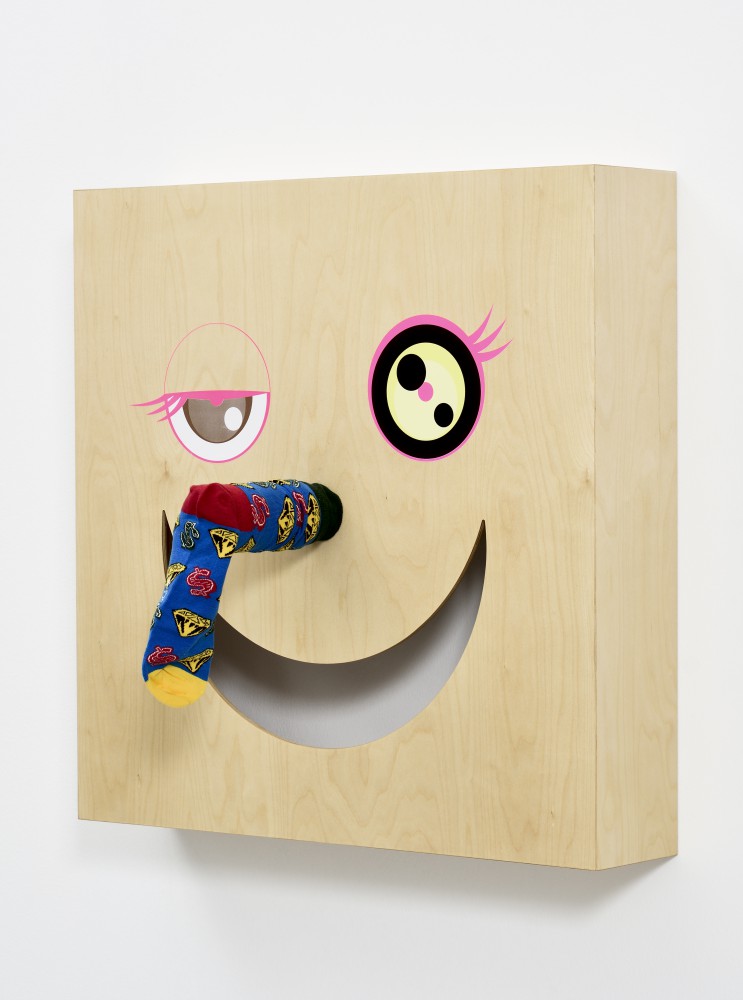
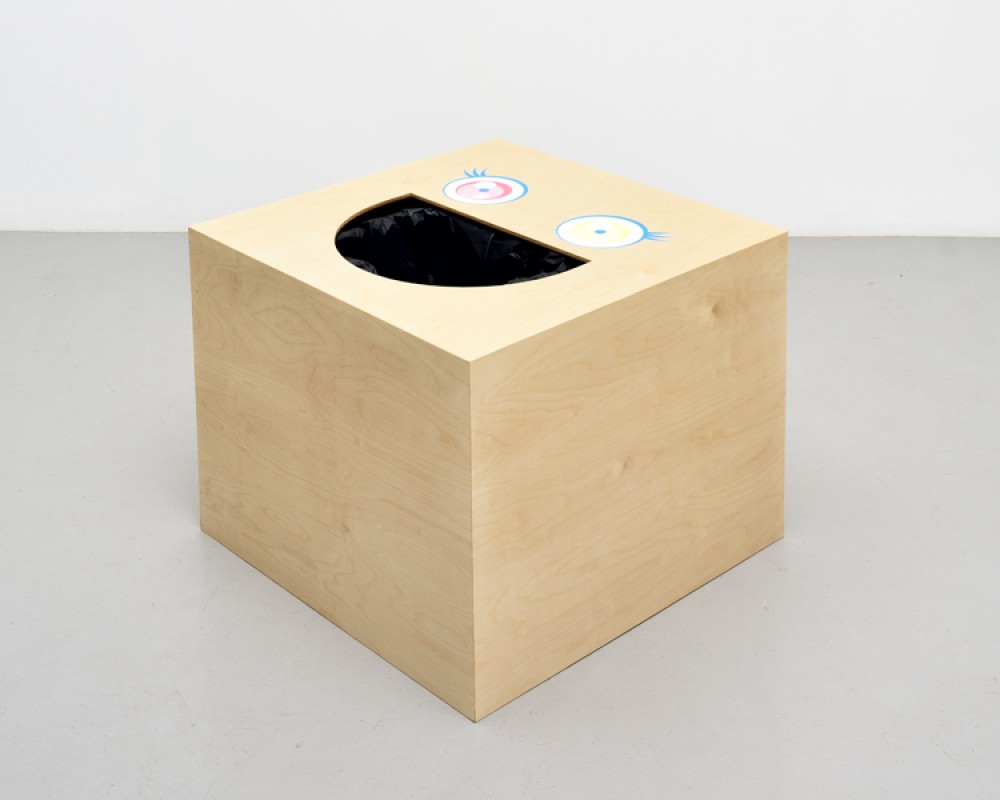
Mariana Trench
silkscreen, plywood, waste can with plastic bag, trash 70×70×5cm 2016
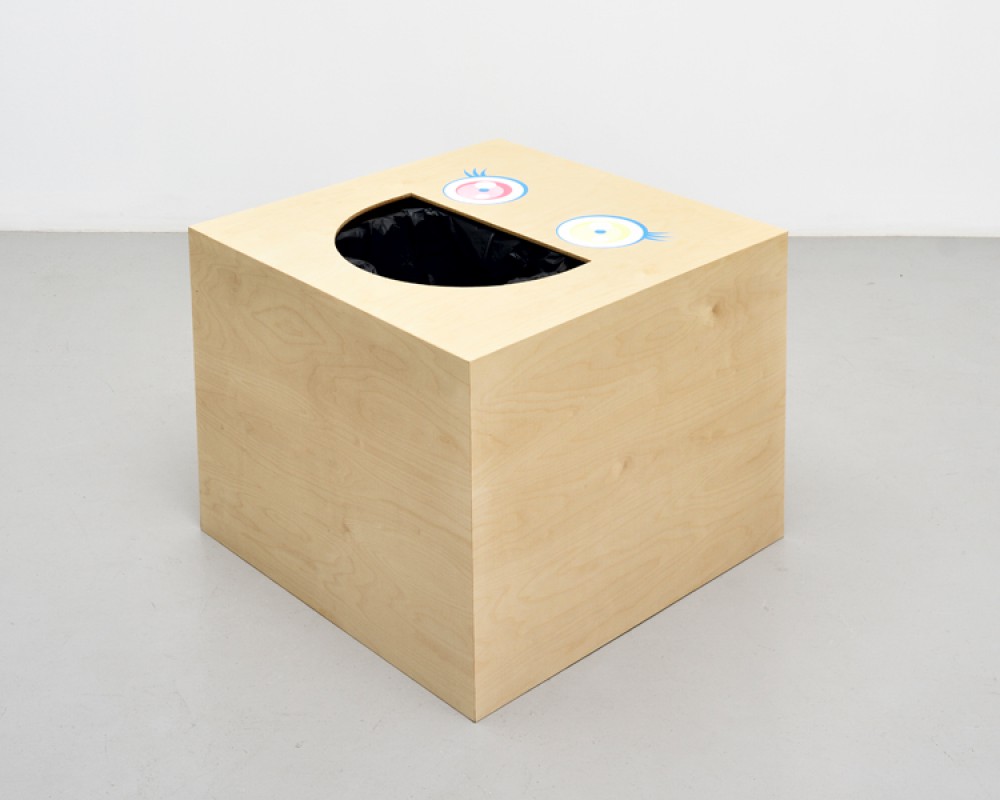
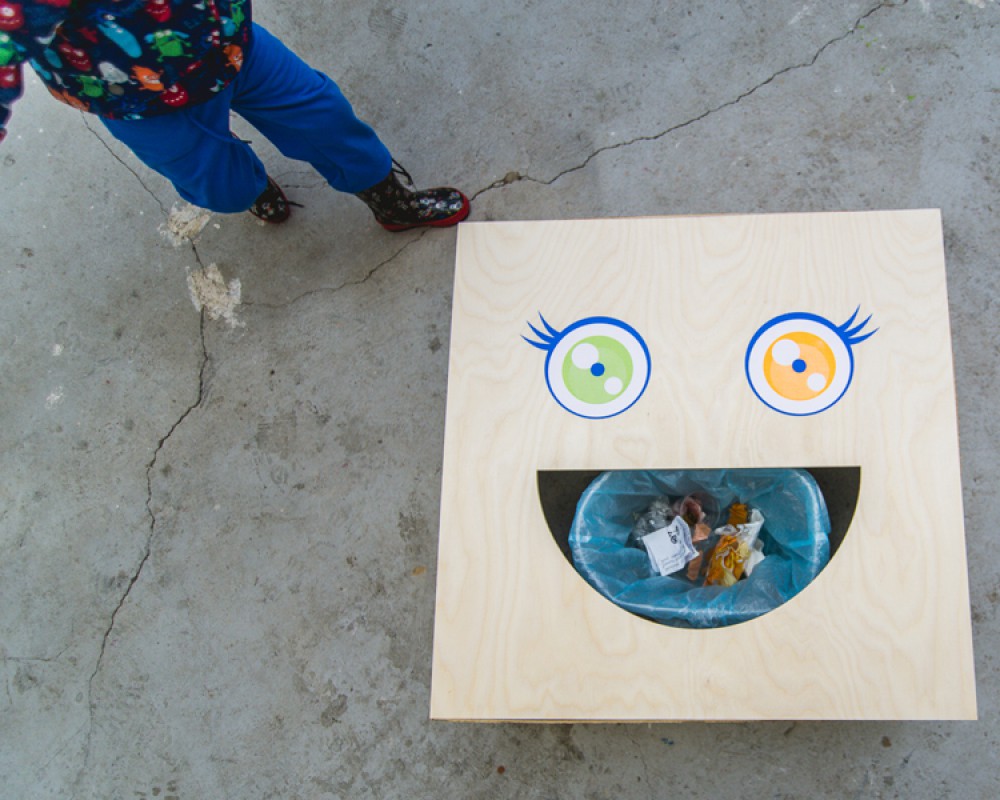
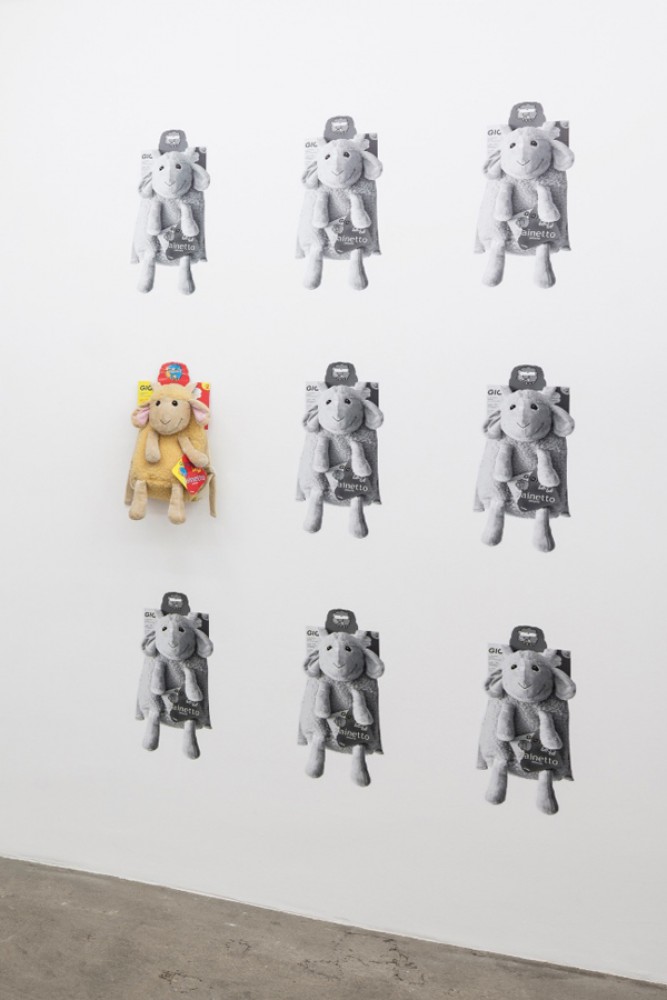
Wir Sind das Volk (failed demonstration)
Giotto be-be Zainetto backpack, wall stickers 110×190×25cm 2017
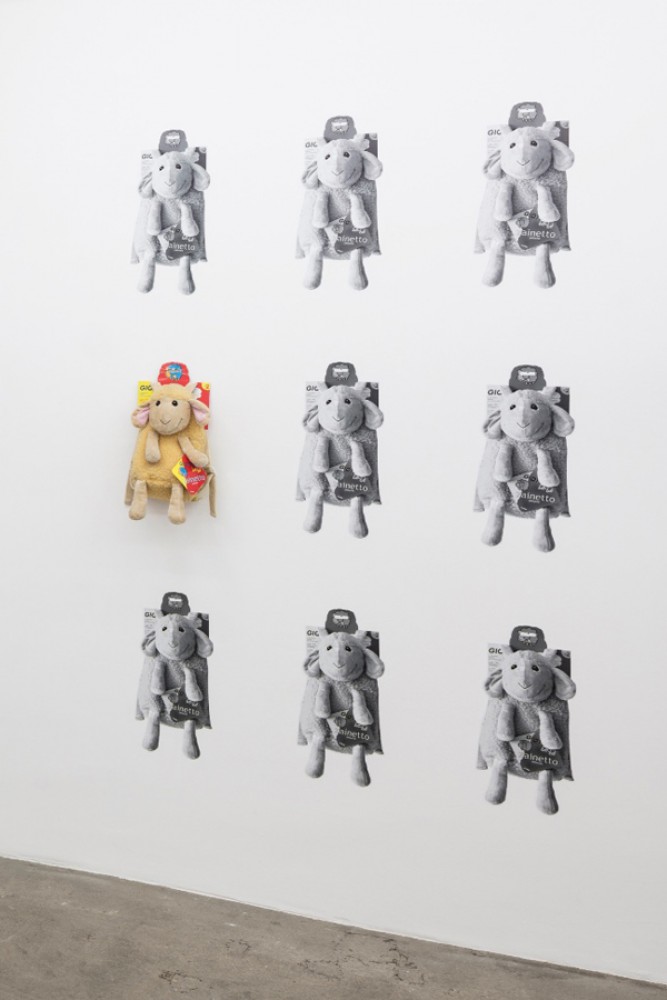
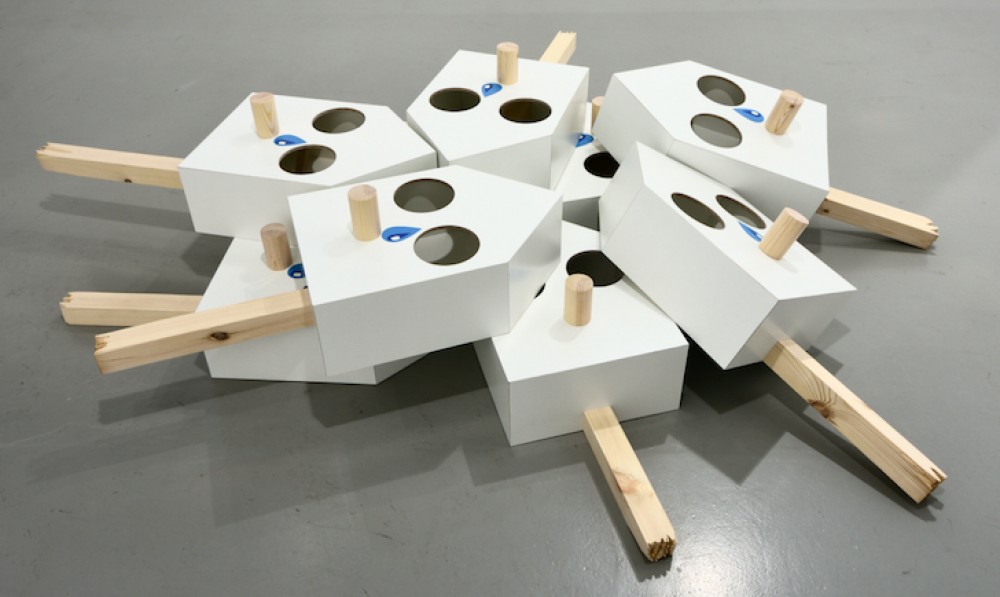
Anti-war monument
UV print, plywood, wood, dimensions variable 2017
